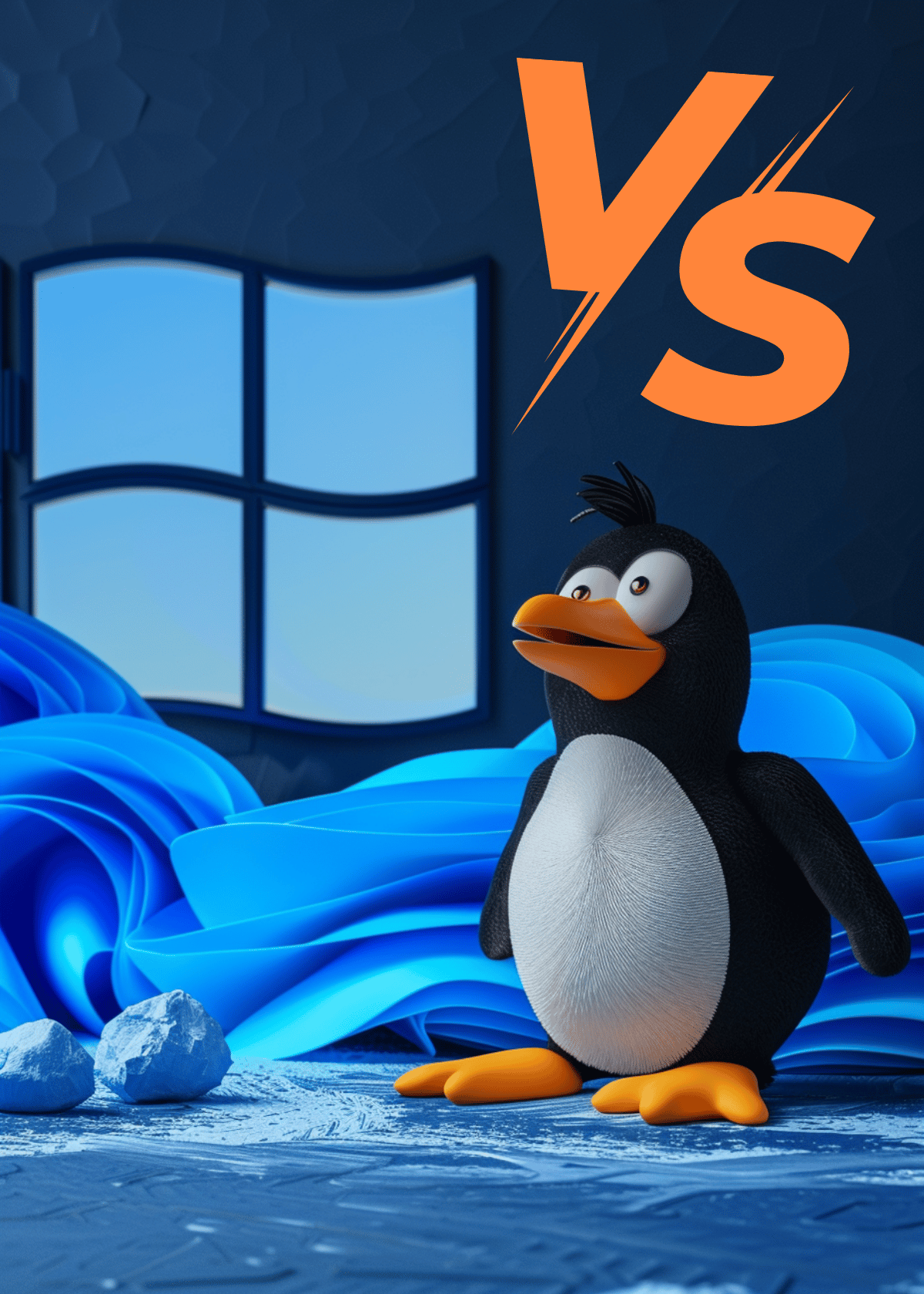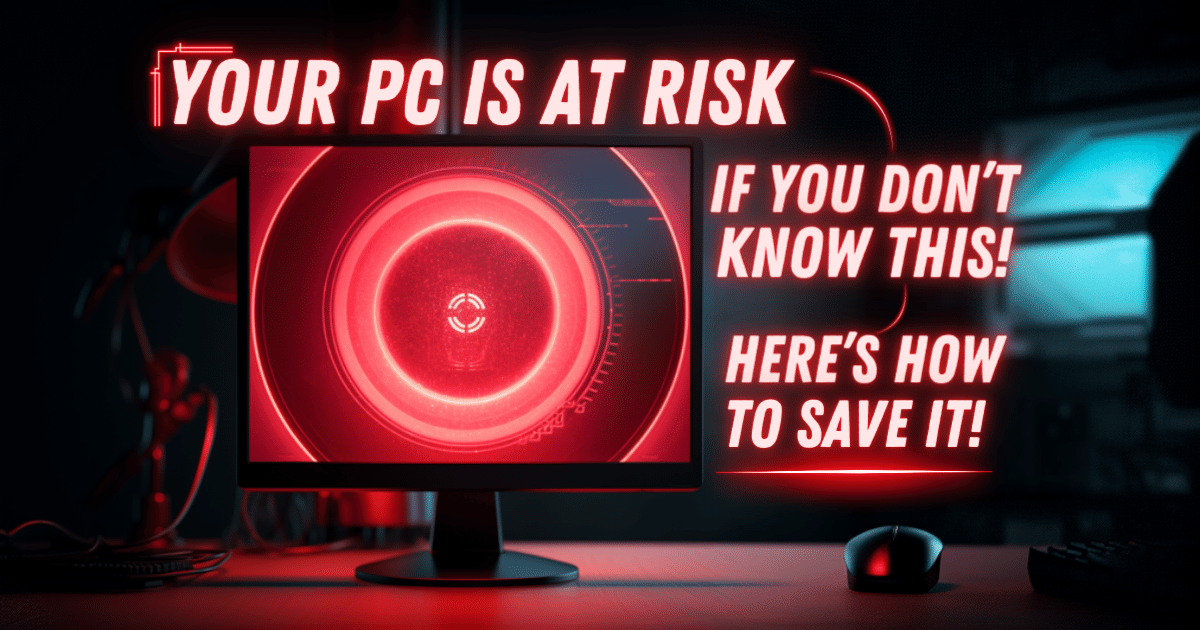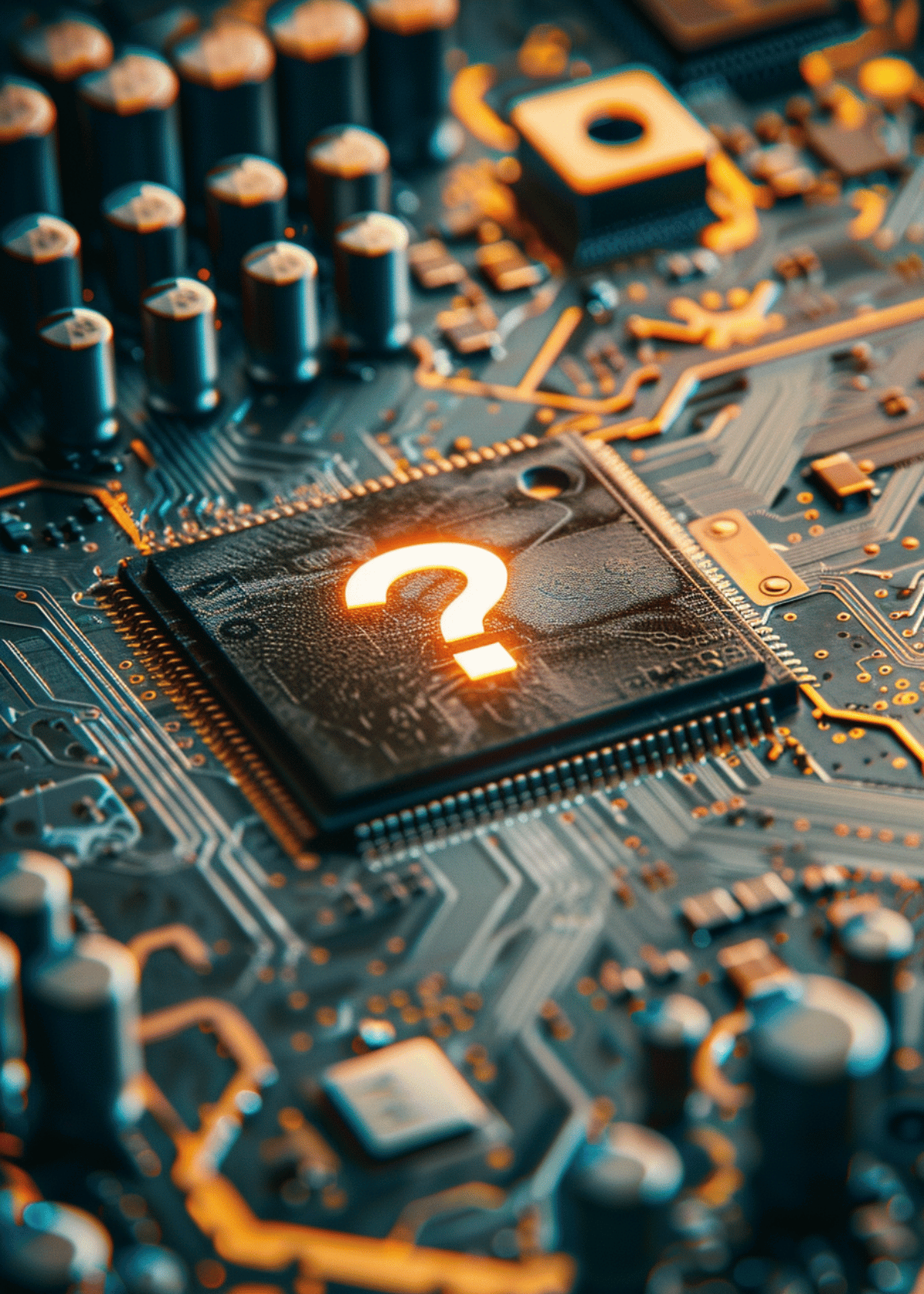Operating System Wars 1 - Why Choose Linux Over Windows? ⚔

The choice between Linux and Windows is a common dilemma faced by many computer users. While Windows has been the dominant operating system for decades, Linux has gained popularity in recent years due to its open-source nature and numerous other advantages. In this article, we will explore the reasons why some users prefer Linux over Windows and discuss the benefits of using Linux as an operating system.
One of the main advantages of Linux is its open-source nature, which allows for greater customization, security, and stability compared to Windows. Additionally, Linux is known for its flexibility, as it can be used for a wide range of tasks, from running servers to powering mobile devices. Other benefits of Linux include its cost-effectiveness, as it is free to use and does not require expensive licensing fees. In the following sections, we will explore these advantages in more detail and discuss how they make Linux an attractive choice for computer users.
⇨ Top 8 Reasons to Choose Linux Over Windows ⇦
① Open Source Nature

Open source software refers to software whose source code is publicly available and can be modified, distributed, and used freely by anyone. This means that anyone can access the code, make changes to it, and distribute their own version of the software. This collaborative approach to software development has several benefits over proprietary software, which is closed source and controlled by a single entity.
👉 Notable Advantages of Open Source Nature in Linux
Linux being an open source operating system has several advantages over Windows, which is closed source. Here are some of the benefits:
➨ Security 🔒
Since the source code of Linux is open, it is scrutinized by a large community of developers and users. This means that any potential vulnerabilities are identified and fixed quickly, making Linux more secure than Windows.
➨ Stability🧤
Linux is known for its stability and reliability. This is because the open source community constantly tests and improves the system, ensuring that it remains stable over time.
➨ Reliability 🧘♀️
Linux is less prone to crashes and errors than Windows. This is because the open source community works together to identify and fix bugs quickly, ensuring that the system remains reliable.
➨ Flexibility 🤸♂️
Linux is highly customizable and can be modified to suit specific needs. This is because the source code is publicly available, allowing users to make changes to the system as needed.
➨ Cost 💰
Linux is free to download and use, unlike Windows, which requires a license fee. This makes Linux an attractive option for businesses and individuals who want to save money on software costs.
② Security
Windows is often criticized for its security vulnerabilities, which can leave users vulnerable to malware, ransomware, and other cyber attacks. In contrast, Linux is generally considered to be more secure due to its open-source nature and smaller user base.
One of the reasons for Linux's enhanced security is its package management system. Linux distributions use repositories to manage software packages, which are thoroughly tested and vetted before they are made available to users. This ensures that only trusted and secure software is installed on the system. Additionally, Linux's user permissions model and file system structure make it more difficult for malware to take hold.
Due to its smaller user base and more secure design, Linux does not require antivirus software in the same way that Windows does. While there are some Linux antivirus solutions available, they are typically used to scan for Windows viruses on shared networks.
③ Compatibility with Older Computers
Linux is known for its ability to run on older hardware, making it a popular choice for users who want to breathe new life into their older computers. Many Linux distributions are lightweight and can be installed on systems with as little as 512 MB of RAM.
Some popular lightweight Linux distributions include Lubuntu, Xubuntu, and Peppermint OS. These distributions are designed to run on older hardware and provide a fast and responsive user experience, even on systems with limited resources.
④ Programming Support
Linux is a popular choice among developers due to its support for a wide range of programming languages. Whether you're a fan of Python, C++, Java, Ruby, Perl, or PHP, Linux has got you covered. In fact, Linux is often the preferred platform for many programming languages, as it provides a stable and secure environment for development.
The Linux terminal is a powerful tool for developers, providing a command-line interface that allows for quick and efficient access to system functions. The package manager, on the other hand, makes it easy to install and manage software packages, libraries, and dependencies. This is especially useful for developers who need to quickly set up a development environment or install dependencies for their projects.
Linux also provides native support for SSH (Secure Shell) and bash scripting. SSH allows developers to remotely access and manage servers, while bash scripting provides a powerful way to automate tasks and workflows. This is especially useful for system administrators and developers who need to manage multiple servers or perform repetitive tasks.
⑤ Software Updates

One of the biggest advantages of Linux is its fast and effective software updates. Unlike Windows, which often requires lengthy and disruptive updates, Linux updates are typically quick and seamless. This is because Linux uses a rolling release model, which means that updates are constantly being released and installed in the background. This ensures that your system is always up-to-date and secure.
Windows updates, on the other hand, are often plagued by issues and bugs. This is because Windows has a much larger user base and a more complex codebase, making it more difficult to test and deploy updates. As a result, Windows updates are often delayed, and when they do arrive, they can cause compatibility issues, system crashes, and other problems.
⑥ Customization
One of the biggest advantages of Linux is its high level of customization. Unlike Windows, which has a relatively rigid user interface and limited customization options, Linux allows users to completely customize their desktop environment. This includes the ability to change the desktop layout, themes, icon sets, and even the window manager.
Some popular customization options in Linux include themes, icon themes, Conky, and wallpapers. Themes allow users to change the look and feel of their desktop environment, while icon themes provide a consistent and aesthetically pleasing look for application icons. Conky, on the other hand, is a lightweight system monitor that allows users to display system information on their desktop. Finally, wallpapers provide a simple and effective way to personalize the desktop environment.
⑦ Variety of Distributions
Linux is a versatile operating system that comes in many different distributions tailored to specific needs and preferences. For example, Ubuntu is popular among beginners due to its user-friendly interface, while Fedora is preferred by developers for its cutting-edge features and support for the latest software. Other distributions such as Arch Linux, Gentoo, and Slackware are aimed at more experienced users who want more control over their system.
There are also specialized distributions for specific purposes. For example, Kali Linux is tailored for penetration testing and ethical hacking, while Raspberry Pi OS is designed for use with the Raspberry Pi single-board computer. Additionally, distributions like Lubuntu and Puppy Linux are optimized for older computers with limited resources, providing a fast and lightweight operating system that can breathe new life into aging hardware.
⑧ Cost
One of the biggest advantages of Linux is its cost. Unlike Windows, which requires a license fee and ongoing subscription costs, Linux is completely free to download and use. This means that users can save money on software costs, as well as invest in hardware upgrades or other system enhancements.
Because Linux is free, users can potentially save hundreds or even thousands of dollars on software costs. For example, instead of paying for a Windows license and expensive productivity software like Microsoft Office, users can opt for a free Linux distribution and open source software like LibreOffice. This can free up funds for other investments, such as additional RAM, a larger hard drive, or a new monitor.
Conclusion - Are You Choosing Linux? 🤔
Linux offers many advantages over Windows, including its open source nature, security, compatibility with older computers, programming support, software updates, customization options, variety of distributions, and cost savings. While it may have a steeper learning curve than Windows, the benefits of Linux make it a worthwhile investment for those willing to take the time to learn the system.
If you're tired of dealing with the limitations and costs of Windows, consider making the switch to Linux. With its many distributions, customization options, and open source community, Linux offers a flexible and powerful operating system that can meet the needs of almost any user. Whether you're a programmer, hacker, student, or casual computer user, there's a Linux distribution out there that's perfect for you.
These Articles May Also Interest You ⬇📝⬇









